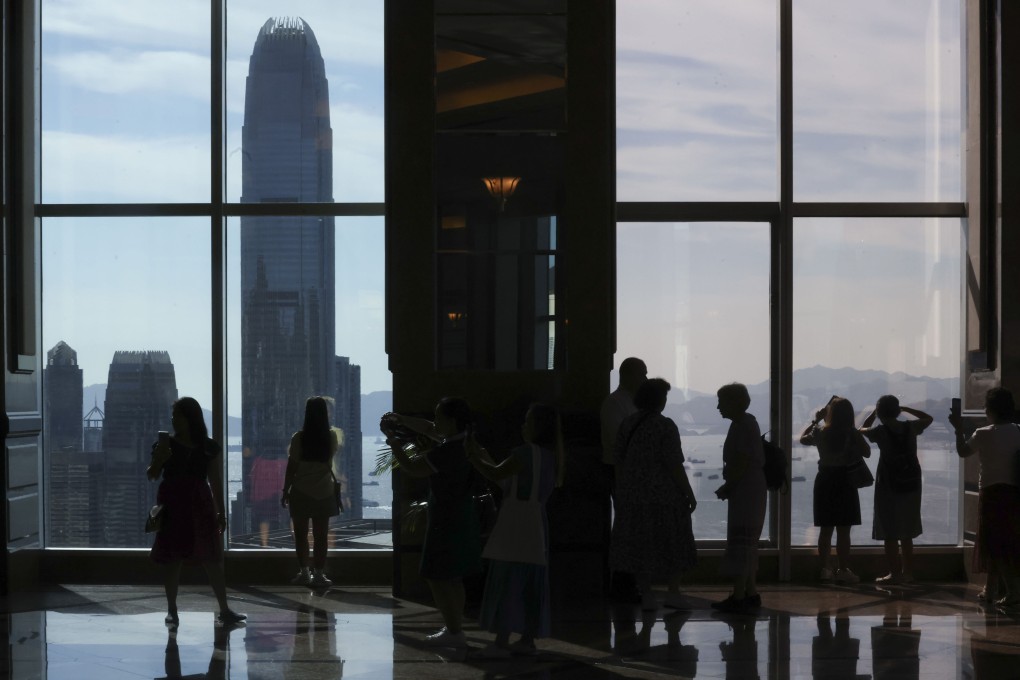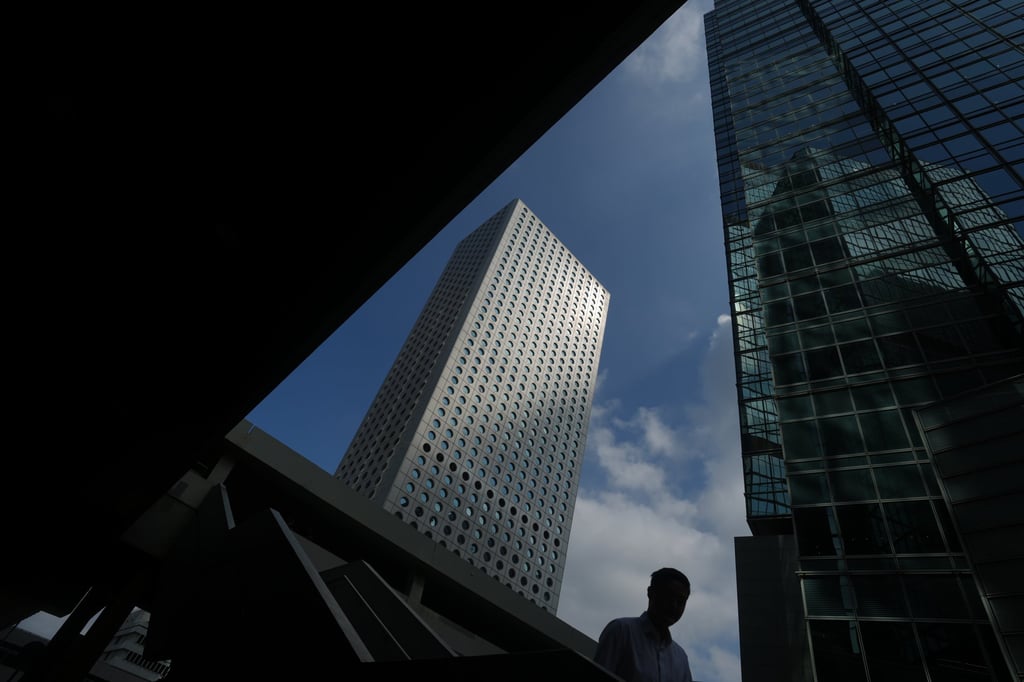Hong Kong may lose right to offer tax incentives to large corporations but its low tax rates on salaries, services still provide a draw, experts say
- Hong Kong’s low rates of tax on services and salaries will help attract talent to the city, as it prepares to axe incentives for firms under international tax reform proposals
- Some large companies could move their operations from tax havens to Hong Kong after the new global minimum tax regime is implemented in 2025, a lawmaker says

The global minimum tax regime to be implemented in Hong Kong beginning 2025 means the city can no longer rely on tax incentives to lure big corporations, but experts say its low salary tax rate will remain a magnet for attracting skilled professionals and maintaining strong capital markets.
The government last week issued a consultation paper to collect views on the implementation of a 15 per cent global minimum tax for large multinational companies, commencing in 2025. The solicitation is open until March 2024.
“Even after Hong Kong implements this floor corporate tax, the city can still compete for large corporations because it has no other indirect tax such as goods and services tax while the individuals’ salary tax in Hong Kong is much lower than in other markets,” said Rex Ho, Asia-Pacific financial services tax leader at PwC.
He said Hong Kong would have to implement this minimum tax rule after 130 global jurisdictions agreed to enforce it, with confirmation awaited from the US and mainland China. Several European countries are set to implement the rule in 2024, while Singapore will do so in 2025, Ho said.

The maximum progressive individual salary tax rate in Hong Kong is 17 per cent, compared with many European countries where the maximum tax rate ranges between 40 per cent and 65 per cent.
“As such, talent would like to work in Hong Kong and many companies still consider Hong Kong a good place to set up businesses here,” Ho said, referring to the territory’s lower salary tax rate.
